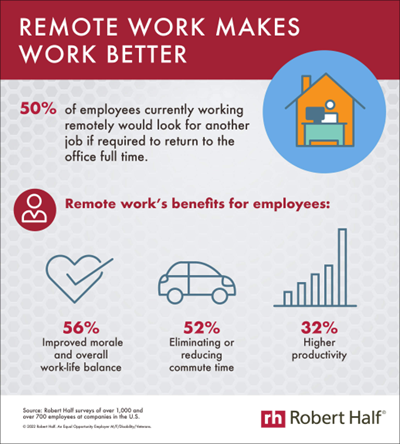As the world continues to adapt to the new normal, remote work has become an increasingly popular option for individuals seeking flexibility and work-life balance. With a wide range of remote job options available, even those without a degree or prior experience can establish successful careers in various industries.

Debunking Myths Surrounding Hybrid and Remote Work
Despite the growing popularity of remote work, there are still several myths that persist. These misconceptions often stem from a lack of understanding of how hybrid and remote work models can be effectively implemented. With the right tools, techniques, and strategies in place, collaboration, innovation, and productivity can flourish in these work environments.
 Embracing the Benefits of Remote and Hybrid Work
Embracing the Benefits of Remote and Hybrid Work
Companies that revert to traditional in-person work models risk losing the numerous benefits of remote and hybrid work arrangements. These benefits include increased employee productivity, reduced attrition, and access to a global talent market. Instead of returning to the office-centric model, organizations should focus on adopting methods for building culture, collaboration, team bonding, and communication in remote and hybrid work environments.

Work-Life Balance and the Rise of Workstations
As remote work becomes more prevalent, the boundaries between work and leisure have begun to blur. This has led to the rise of “workstations,” where employees combine work and leisure trips. While this trend offers new opportunities for travel and exploration, it is essential to maintain a healthy work-life balance to prevent stress and overwork.

Adapting to the Future of Remote Work
As the world continues to adapt to the new normal, it is crucial for individuals and organizations to embrace the future of remote work. By debunking myths, focusing on the benefits, and maintaining a healthy work-life balance, remote work can become a thriving and sustainable option for the modern workforce.